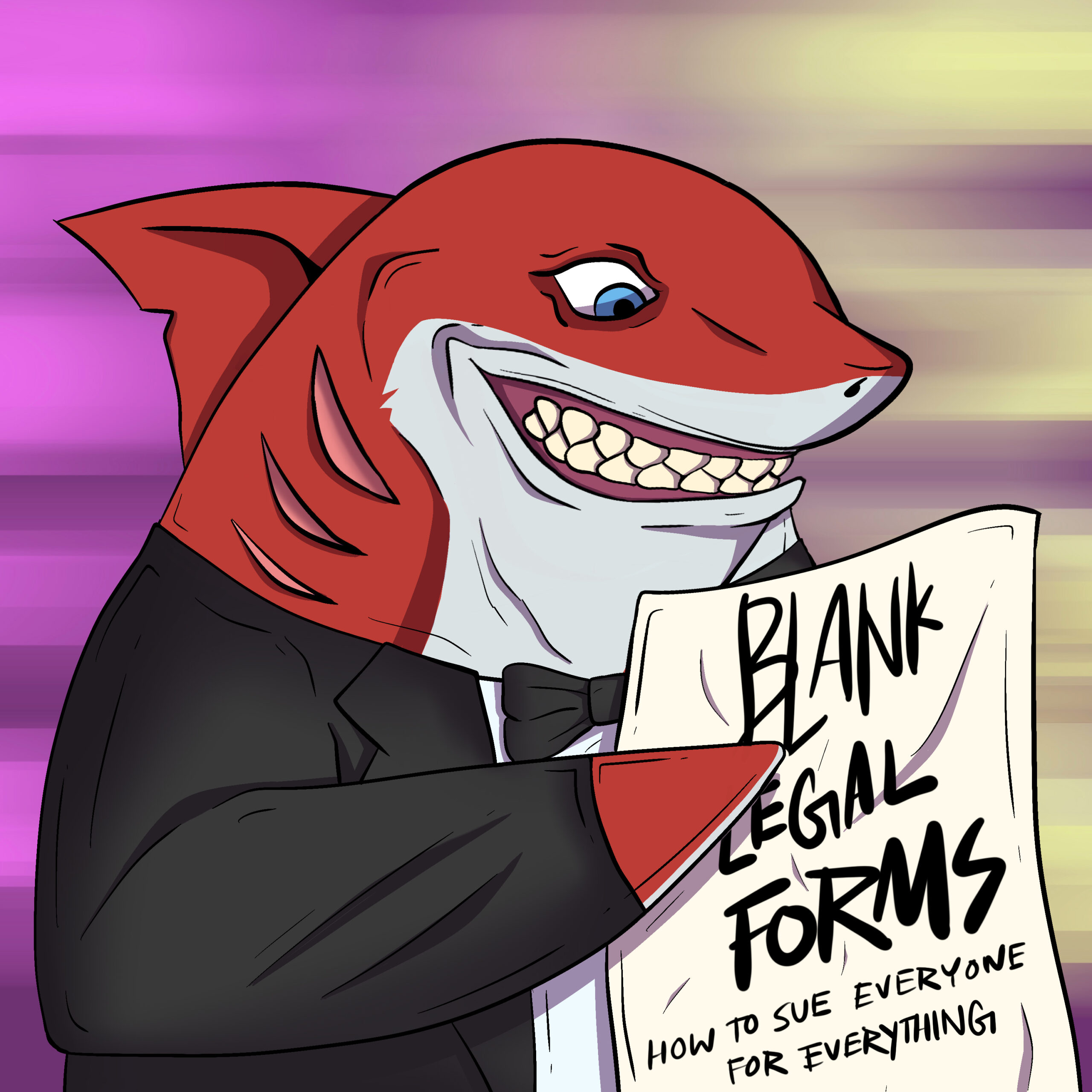Discover rare digital art and collect NFTs


HELLO, AND WELCOME TO THE FUTURE.
My Story
I am an NFTorney.
NFTs represent a fundamental shift in the way we value and exchange digital content. Unlike traditional digital files, NFTs are one-of-a-kind and can be owned and traded like physical assets. This opens up a whole new world of possibilities for artists, musicians, and even ATTORNEYS to monetize their work and connect with their audiences.
As a passionate NFT enthusiast, I am dedicated to building a platform that is easy to use, secure, and transparent. GeelNfts is my commitment to fostering a community of creators and collectors who share my vision for the future of digital ownership and expression.
MY
Future Plans
01
Community Hub
02
Smart Contract Integration
03
Learning Center
04
Sustainability Initiatives

FAQ
Quick Questions
NFT stands for non-fungible token, which is a type of digital asset that represents ownership or proof of authenticity of a specific piece of content or media. Unlike fungible assets, such as cryptocurrencies, each NFT is unique and cannot be exchanged for another.
NFT platforms are websites or marketplaces where creators can mint, sell, and trade their NFTs. These platforms provide a way for artists, musicians, and other content creators to monetize their digital creations by selling them as one-of-a-kind assets.
Some popular NFT platforms include OpenSea, Blur, LooksRare, Rarible, SuperRare and Nifty Gateway. Each platform has its own features and fees, so it’s important to research and compare before choosing a platform to use.
To create an NFT, you’ll need to choose a platform that supports NFT minting, such as OpenSea or Rarible. Then, you’ll need to upload your digital content, set a price and royalties, and mint the NFT. The platform will then generate a unique token that represents ownership of the asset.
You can sell almost any type of digital content as an NFT, including art, music, videos, articles, and even virtual real estate. The value of an NFT is determined by its uniqueness and perceived value, so it’s up to the creator to decide what content to sell and how much to charge for it.
Gas fees are the transaction fees charged by the Ethereum blockchain network for processing transactions, including NFT transactions. These fees can vary widely depending on network congestion and other factors, so it’s important to factor them into the cost of creating and selling NFTs.
Yes, there are legal considerations to keep in mind when creating and selling NFTs, such as intellectual property rights and tax implications. It’s important to consult with a lawyer or accountant who is familiar with NFTs and blockchain technology to ensure that you are complying with all applicable laws and regulations.
As with any investment, there are risks involved in buying and selling NFTs. The value of an NFT can be highly volatile and can fluctuate based on market demand and other factors. Additionally, there is always the risk of fraud or scams, so it’s important to do your research and only buy from reputable sellers on trusted platforms.
GeelNfts
GeelNfts = BASED!
GeelNfts = WAGMI!
GeelNfts = HOPIUM!

MO
Let's Connect!
Fill the form below and I would love to connect!





